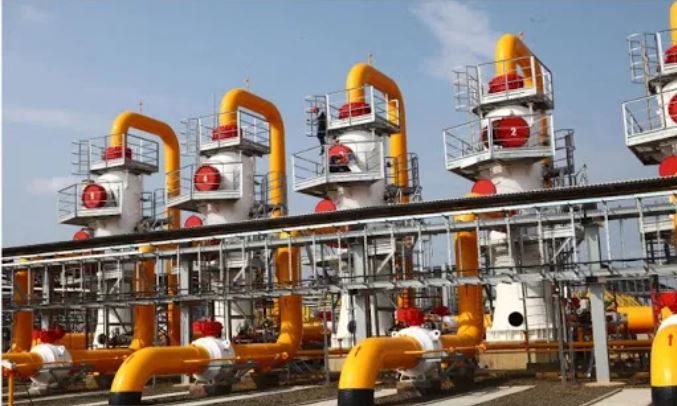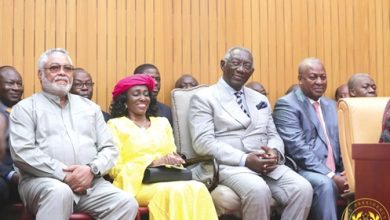
The Volta River Authority’s (VRA) incapacity to fulfill its debt service commitments is the main cause of the debt crisis that the Ghana National Gas Company Limited (GNGLC) is currently experiencing.
GNGLC owed the Ghana National Petroleum Corporation (GNPC) more than $626 million as of June 30, 2024, a substantial increase from more than $559 million during the same time last year.
Compared to the 7.4% growth in debt for the first half of 2023, this indicates a worrying 12.1% increase.
According to a Public Interest Accountability Committee (PIAC) report for the first half of 2024, the increase is due to VRA’s continued financial difficulties, which have made it difficult for the company to pay for the gas that GNGLC supplies.
Additionally, the amount of raw gas that GNGLC got from GNPC decreased somewhat, from 22,730,386.70 MMBtu in the first half of 2023 to 22,158,283.5 MMBtu in the first half of 2024.
GNGLC only received a credit note for $121 million, whereas the invoiced value of gas supplied in the first half of 2024 was $144 million, compared to over $9.3 million in the same period previous year.
More
When the initial amount of $604 million is added to the $22 million in existing debt for the quarter, the total debt stock comes to $626 million.
The serious consequences of this growing debt for GNGLC and VRA’s operating sustainability were underlined in the report.
Given that natural gas sales money is a significant source of funding for the Petroleum Holding Funds (PHF), it also raises questions regarding possible violations of the fund’s statutory architecture.
Payments sent to GNGLC via the Cash Waterfall Mechanism (CWM) have also not been sufficient, which has further increased the financial burden.
By the end of June 2024, total payments made through the CWM for bills spanning November 2023 to April 2024 totaled $10 million.
The fact that this is substantially less than the $18.2 million received during the same time period in 2023 exacerbates GNGLC’s financial difficulties and adds to its elevated debt exposure.
In order to guarantee the long-term financial stability of these important participants in Ghana’s energy sector, PIAC pointed out that the issue requires immediate attention from stakeholders.
It stated that addressing VRA’s financial issues and enhancing the CWM’s effectiveness are essential measures to lessen the current crisis and stop GNGLC’s debt from growing further.



